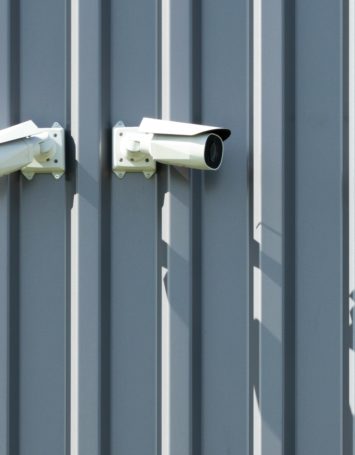Written by Haim Ravia and Dotan Hammer
The European Court of Human Rights (ECHR) ruled that the use of facial recognition technology by Russian authorities in demonstrations violated the rights of a protester in Moscow. In the matter of Glukhin v. Russia, the court unanimously ruled that Russia violated Article 8 (Right to respect for private and family life) and Article 10 (freedom of expression) of the European Convention on Human Rights.
Mr. Nikolay Glukhin was identified and located using the extensive facial recognition technology installed in Moscow, including in the Moscow subway. Between 2017 and 2022, more than 220,000 closed-circuit cameras were installed in the Russian capital, all equipped with real-time facial recognition technology. Mr. Glukhin was indicted after participating in a solo demonstration where he held a cardboard sign with the face of a well-known protester whose case attracted widespread media attention. His poster stated: “I face up to five years in prison… for the crime of peaceful protest.”
The court ruled that processing Mr. Glukhin’s personal data during his demonstration was intrusive and incompatible with the values of a democratic society. The use of facial recognition technology was found unnecessary and disproportionate. Furthermore, the court noted the lack of detailed rules and safeguards that would regulate the use of such technology in Russian law. The decision highlighted the failure of the Russian authorities to justify Glukhin’s arrest, indictment, and conviction. The ECHR ordered Russia to pay Mr. Glukhin compensation for non-pecuniary damage and legal costs.
Click here to read the ECHR’s decision in Glukhin v. Russia.



